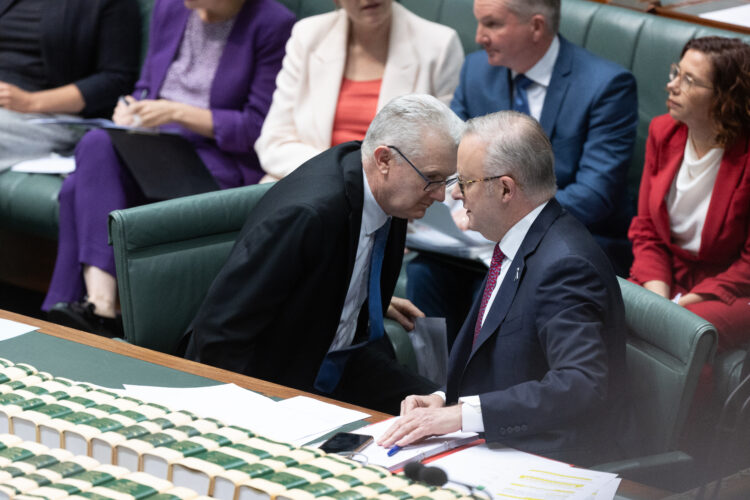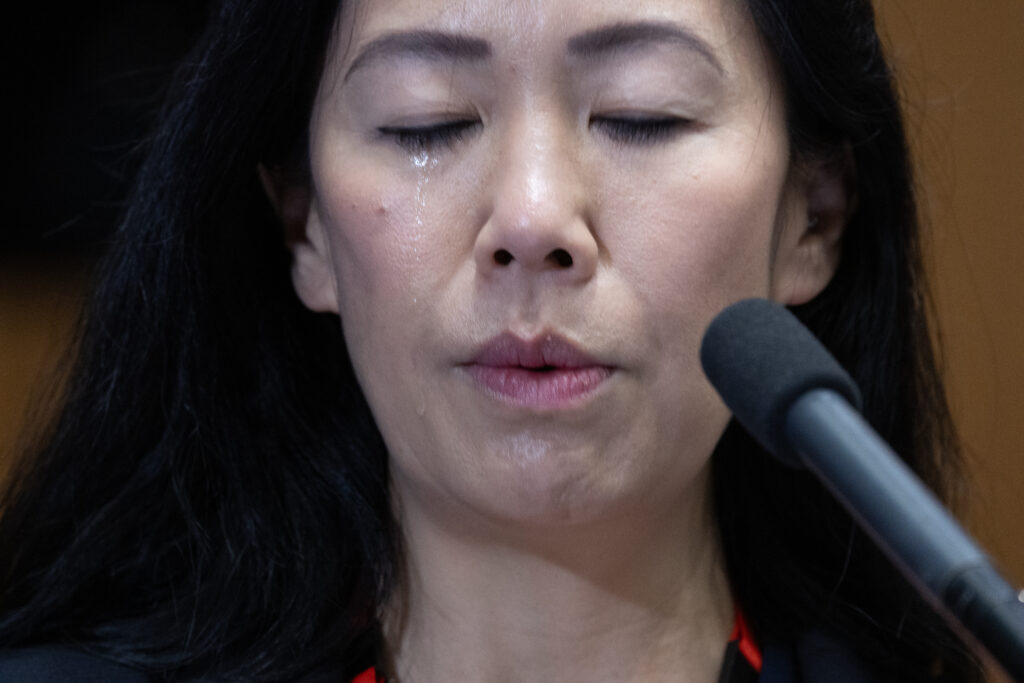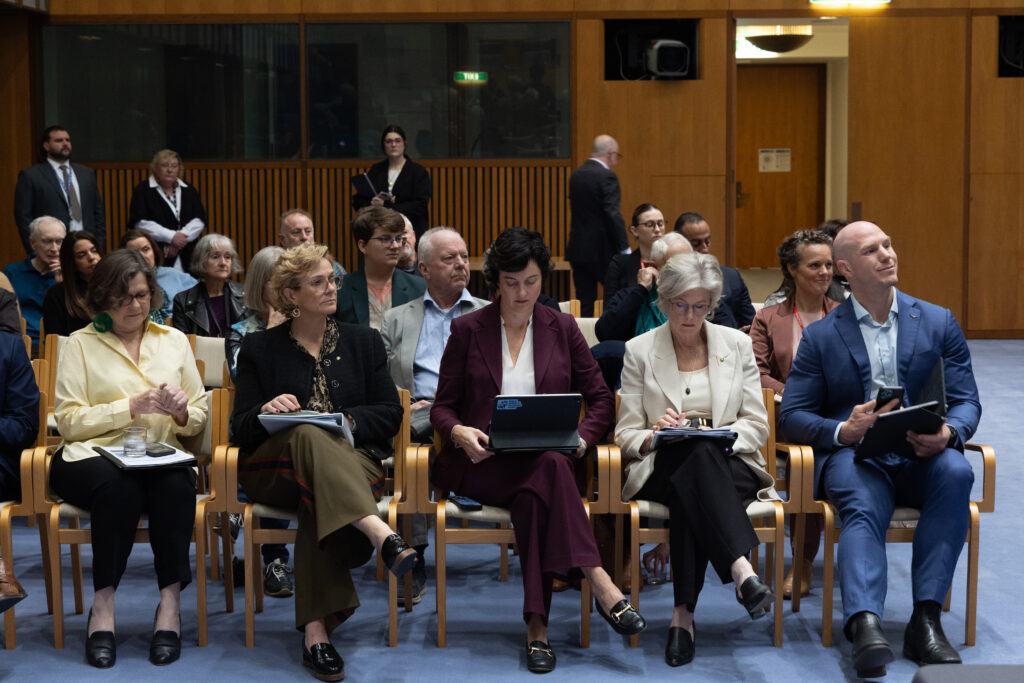Whistleblower Richard Boyle has been spared jail after exposing unethical debt-collection practices at the Australian Taxation Office.
Judge Liesl Kudelka sentenced Boyle, 49, in the South Australian District Court on Thursday, seven years after the former debt collection officer went public with allegations that led to reforms within the ATO.
In a plea deal with prosecutors, the Adelaide man has admitted four criminal charges, reduced from the original 66 laid after he appeared on the ABC’s Four Corners program.
Family and supporters sobbed in court when Boyle received no conviction on all four counts, no penalty and a $500, 12-month good behaviour bond.
“Blowing the whistle can be a tough gig”, said Judge Kudelka, who accepted his poor mental health was directly linked to his offending.
Addressing a protest in support of Boyle outside court, Whistleblower Justice Fund founder Rex Patrick sad Boyle and his wife Louise had “been through hell”.
“Richard Boyle is a hero,” he said.
“He actually thought he was protected. It’s taken four judges, and silks and lawyers to work out whether or not he was protected.
“He went in thinking he was, but it turns out that he wasn’t. All he did was press a record button, he took a photograph, he sent an encrypted email to his lawyer.”
In a speech in 2024, Boyle said the experience had left him “broken, physically, mentally and financially”.
The Human Rights Law Centre’s Kieran Pender said prosecuting whistleblowers had “a chilling effect on people speaking up”.
“The sentencing of Richard Boyle concludes a long and sorry saga that significantly undermined whistleblower protections in Australia,” he said.
“It is critical that the Albanese government and Attorney-General Michelle Rowland now act to better protect whistleblowers and ensure cases like this never happen again.”
Mr Patrick said Boyle’s treatment was “disgraceful” and there was no public interest in prosecuting him.
“The federal government knew whistleblower laws were broken and had made a commitment to change them,” he said.
“The attorney-general (Mark Dreyfus) could have, in the public interest, stopped the prosecution, and he didn’t do that.”
Independent senators David Pocock and Jacqui Lambie have tabled the Whistleblower Protection Authority bill in parliament “but that’s only a start”, Mr Patrick said.
“We also need to change the laws so that people are protected when they do reasonable things in the context of preparing a public interest disclosure … the government knows that bit’s broken, and yet they did nothing.”


